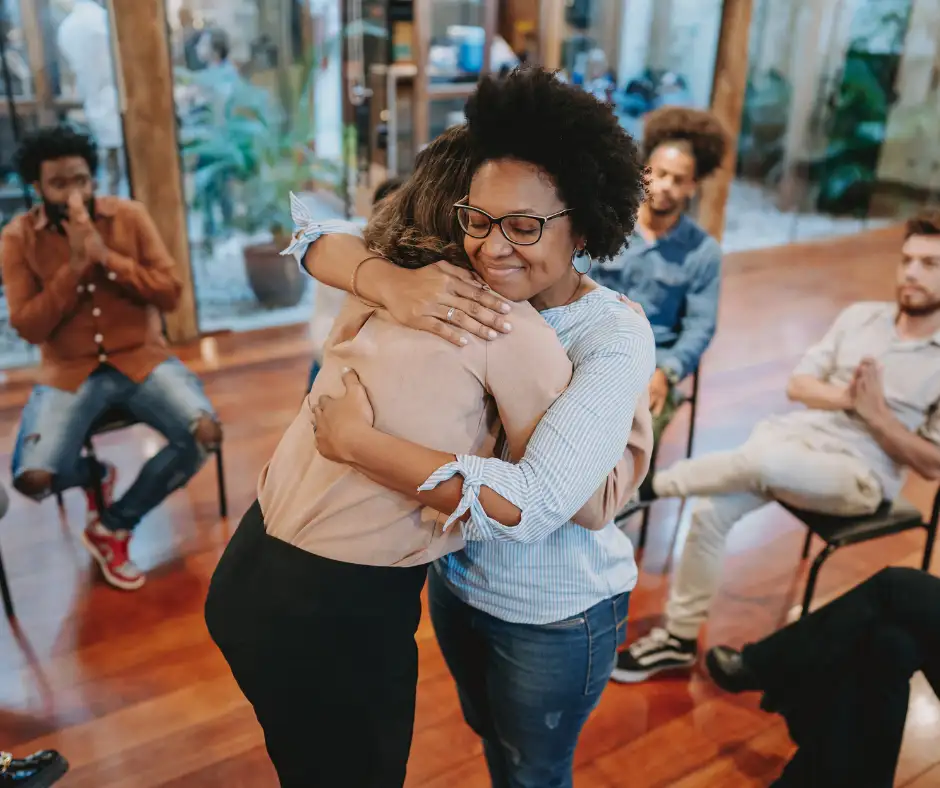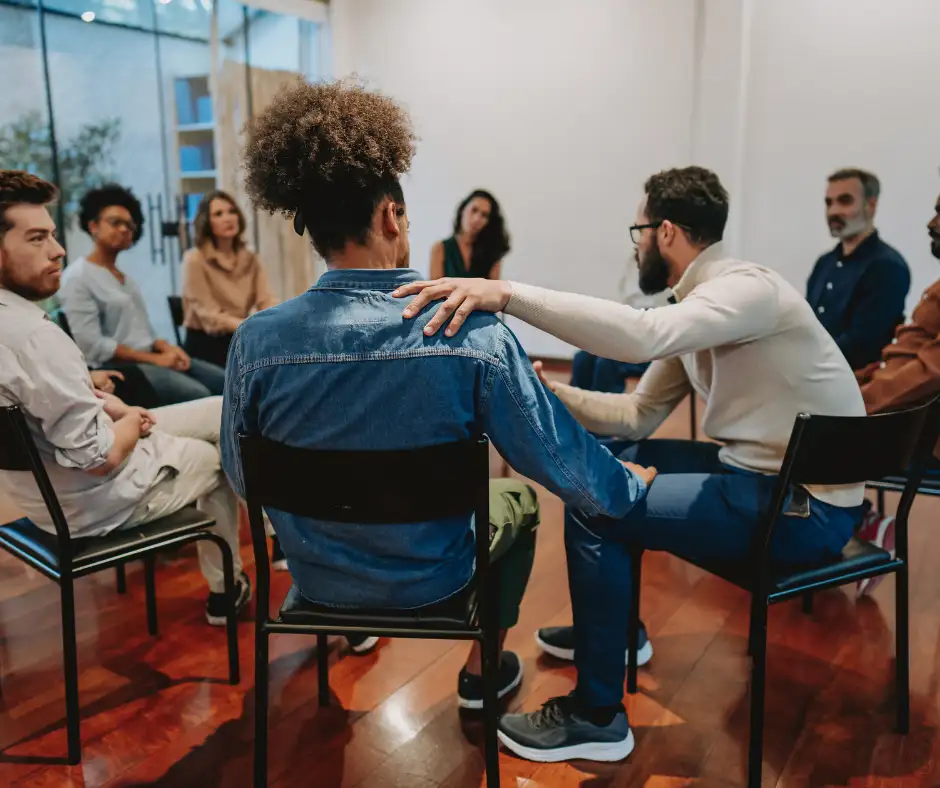Survivors of human trafficking often carry invisible burdens long after their exploitation ends. One of the heaviest—and least understood—is the weight of chronic stress. At The Landing, we see firsthand how long-term trauma affects every part of a survivor’s life: their body, mind, emotions, and relationships.
In honor of Stress Awareness Month, we’re unpacking how toxic stress and PTSD affect survivors of trafficking—and how trauma-informed care can offer hope, healing, and relief.
What Is Chronic or Toxic Stress?
Chronic stress is more than feeling overwhelmed or anxious from time to time. It’s the body’s ongoing response to prolonged exposure to trauma, fear, or instability.
When someone experiences abuse, control, or neglect—especially from a young age—their body and brain can remain stuck in a state of fight, flight, or freeze. Over time, this toxic stress can cause:
- Sleep disturbances and nightmares
- Memory and concentration issues
- Hypervigilance or emotional numbness
- Depression, anxiety, and physical health problems
PTSD and the Nervous System’s Response to Trauma
For many trafficking survivors, stress isn’t just emotional—it’s neurological.
When a survivor has lived in constant fear, their brain begins to rewire itself to survive. The amygdala (which processes fear) becomes overactive, while the hippocampus (whichmanages memory) and prefrontal cortex (responsible for decision-making) may weaken. This makes daily functioning, decision-making, and self-regulation difficult—even in safe environments.
Many survivors of trafficking develop Post-Traumatic Stress Disorder (PTSD), which can be triggered by:
- Loud noises
- Certain smells or environments
- Touch
- Feelings of powerlessness
- Even well-intentioned questions or conversations
Understanding this response is essential. Survivors aren’t being “difficult” or “resistant”—their bodies are responding in the only way they’ve learned to stay safe.
How The Landing Responds with Trauma-Informed Care
At The Landing, we don’t expect survivors to “just move on.” We recognize that healing from trauma is a complex, non-linear process—and our trauma-informed model is built around that truth.
Here’s what that looks like in practice:
1. Safety First
We create physical, emotional, and relational safety at every touchpoint—from the Drop-In Center to court advocacy.
2. Empowerment Through Choice
Survivors guide their own healing journey. We never force disclosure or decisions. We listen, support, and walk alongside. All clients are given freedom of choice and the decisions are in their hands.
3. Consistency and Trust-Building
Many survivors have experienced betrayal or instability. Our advocates show up consistently and without judgment.
4. Holistic, Survivor-Centered Support
We offer case management, peer support, connection to counseling, and resources to reduce daily stressors like transportation, housing, and food insecurity.
What You Can Do to Support Survivors
- Learn about toxic stress and trauma responses
- Approach survivors with empathy—not assumptions
- Support organizations like The Landing that offer long-term, trauma-informed care
- Donate, volunteer, or share our mission to help others understand the impact of trauma
👉 Learn more about how to get involved
Healing Takes Time—and Compassion
The effects of chronic stress can last for years. But with the right support system, survivors can begin to feel safe in their bodies, regain a sense of control, and build a life beyond survival.
At The Landing, we believe in that healing—and we’re here for the long haul.


